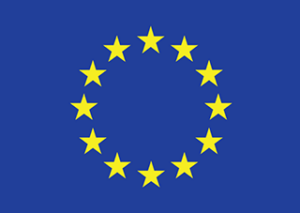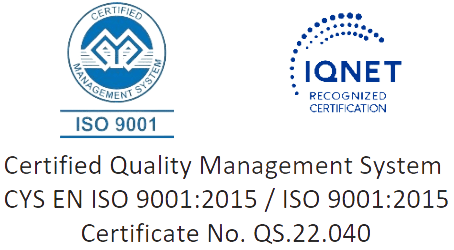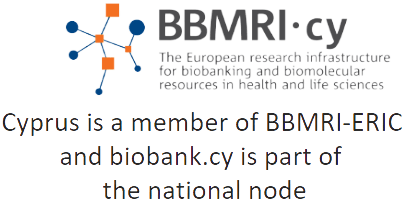MITOS – REGENERON
Cyprus genome project in search for novel kidney and other disease genes
This is a non-hypothesis driven research program aimed at generating new voluminous data pertaining to the genetics of the Cypriot population in a targeted manner. Specifically, it aims at generating Big Data by realizing two main aims:
Aim 1, is the Whole Exome Sequencing of 600 healthy Cypriot individuals, in an effort to canvas the genetic architecture of the Cypriot genome, mostly at the coding level. The generation of genetic information is going to enable us to reach conclusions regarding the frequency of healthy and mutant alleles of neutral or functional significance and compare it to the thousands of other human genomes derived and available in public databases. This in turn, will permit the construction of the morbid anatomy of the genome of Cypriots, and consequently facilitate the identification of DNA variants that are responsible for the manifestation of monogenic diseases as well as of variants with minor or major contribution in the expression of more complex and multifactorial conditions, including chronic kidney disease, cardiovascular conditions, cancers, aging disorders and dementias, and others.
Aim 2, is the DNA sequencing on Whole Exome level of more than 50 Hellenic families (41 Cypriot + 10 Greek), which were negative on testing of candidate genes for familial hematuria. Specifically, our lab has been engaged in studying families segregating microscopic hematuria for more than 15 years, with multiple publications and results that benefited the patients by early and correct diagnosis and treatment. Some 51 families were negative after testing for five relevant genes, namely COL4A3, COL4A4, COL4A5, CFHR5 and FN1. Germinal mutations in all these genes are known to cause inherited glomerular kidney diseases that invariably present with microscopic hematuria. A subset of these patients, mostly under unpredictable conditions, progress to proteinuria and chronic renal failure, even end-stage renal disease, while others remain for life with isolated microscopic hematuria. Identifying the genetic inherited defect will be the first step for better understanding of the molecular aetiology that will then lead us to ask another question relating to other additional genetic or non-genetic factors that determine the final disease outcome over aging.
Project Title:
Cyprus genome project in search for novel kidney and other disease genes
Project Life Span: 2 years
Collaborators: Department of Nephrology, Nicosia General Hospital
Other team members:
Alan Shuldiner, MD
Alkis Pierides, MD
Michael Zavros, MD
Gregory Papagregoriou, PhD
Apostolos Malatras, PhD
Constantina Koutsofti, MSc, PhD Cand.
Funded by

Implemented by







